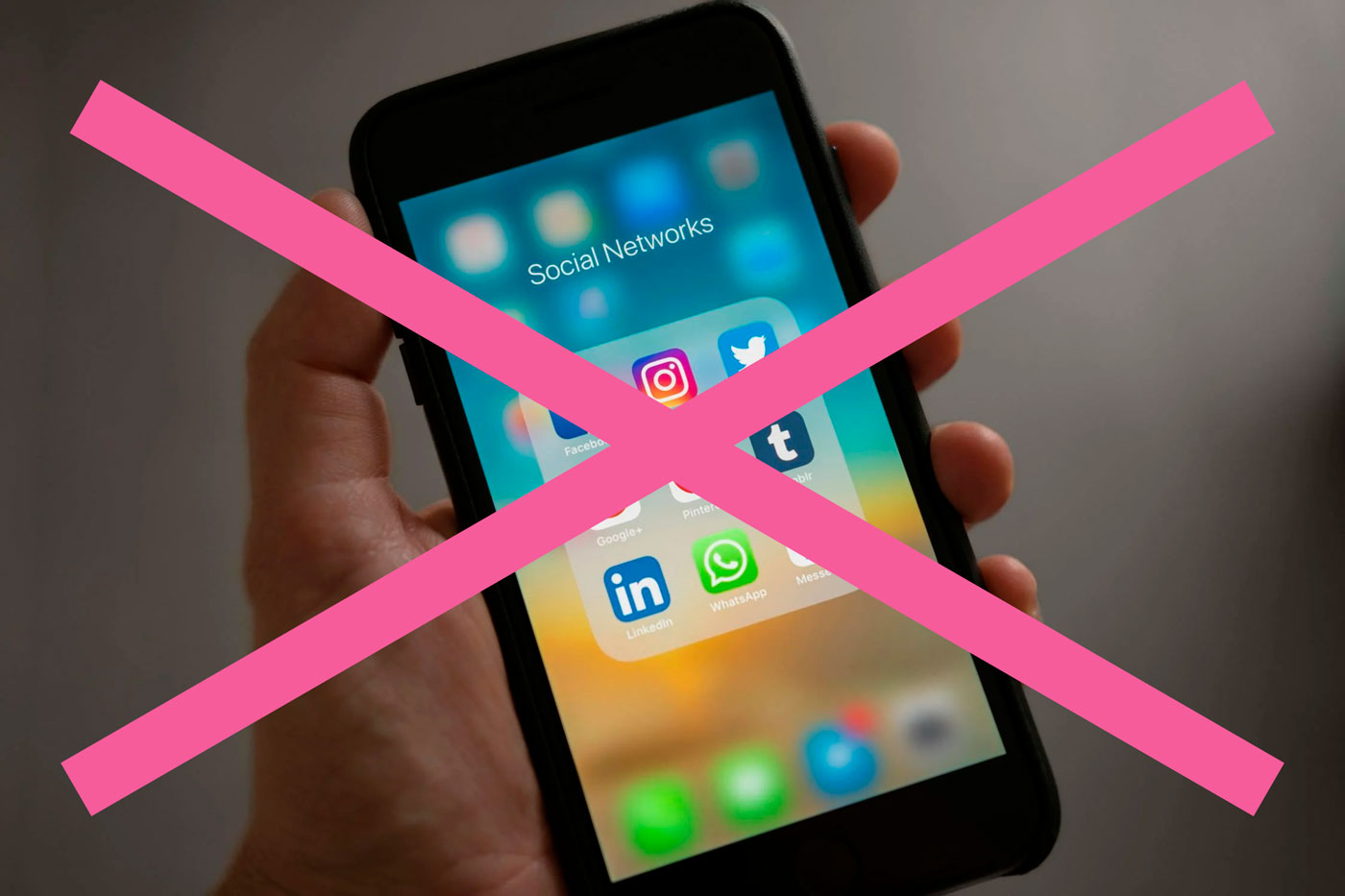Mastering Modern Manners: The Essential Guide to Etiquette at Work
Why Does Etiquette Matter?
- Facilitates Smooth Interactions: Etiquette helps prevent misunderstandings and conflicts, allowing for smoother social and professional interactions.
- Builds Respect: Demonstrating consideration and good manners shows respect for others, fostering mutual respect and positive relationships in the workplace.
- Enhances Reputation: Good etiquette can enhance one's personal and professional reputation, making individuals more likable and trustworthy.
- Promotes Inclusivity: By adhering to social norms, individuals can make others feel comfortable and included.
- It’s always in style: it never goes out of date, consider it your USP!
Examples of Good Etiquette and Bad Manners
Good Etiquette:
- Use Proper Greetings: Always greet people with a smile and a hello.
- Say “Please” and “Thank You”: These simple phrases show appreciation and politeness.
- Practice Good Table Manners: Eat politely and respect the dining customs of others.
- Be Mindful of Your Language: Use polite and appropriate language in different settings.
- Respect Personal Space: Be mindful of others' comfort zones.
- Dress Appropriately: Wear clothing suitable for the occasion.
- Be a Good Listener: Pay attention to others when they speak, showing interest and respect.
- Put Your Phone Away: Avoid distractions and give your full attention to the people you are with.
- Treat Everyone the Same: Be authentic.

Bad Manners:
- Interrupting others while they are speaking.
- Using a phone during conversations, meetings or at the dining table.
- Talking loudly on a mobile in a public place or train.
- Ignoring or failing to greet people.
- Speaking loudly or using inappropriate language.
- Invading personal space.
- Being late without a valid reason or advance warning and apology.
- Being off hand and failing to say “please” or “thank you”.
- Unattractive table manners, such as chewing loudly, slurping or speaking with a full mouth.

Soft Skills
Networking, Manners, Communication: These skills are essential for building and maintaining professional and personal relationships. Good manners and effective communication will always help with networking and relationship building.
Firm Handshake, Eye Contact: A firm handshake and making eye contact demonstrate confidence and sincerity and engender trust.
Relaxed, Easy Smile: A warm smile can make interactions more pleasant and help build rapport.
Listening Attentively: Showing genuine interest in what others are saying without interrupting them is a key component of good communication.

How do we learn good etiquette?
- Family and Friends: Observing and mimicking the behaviour of close ones.
- School and Education: Many schools incorporate lessons on social skills, good manners and etiquette.
- Professional Training: Etiquette coaches and workshops can provide formal training.
- Workplace Mentors: Learning from colleagues and superiors who exhibit good manners.
How to improve your etiquette
Coaching: Professional etiquette coaches can be beneficial for individuals at all career stages, whether a recent graduate or a CEO who may need guidance on social norms and expectations.
Corporate Training: Increasingly companies like KPMG offer training programmes to ensure their employees understand and practice good etiquette.
Etiquette at an Interview
Prepare for your interview: Shows interest and respect.
Arrive on Time: Punctuality shows respect for the interviewer’s time.
Dress Appropriately: Wear professional attire suitable for the company’s culture.
Be Polite and Courteous: Greet everyone you meet with a smile, good eye contact and a firm handshake from the Receptionist to the CEO.
Listen and Respond Thoughtfully: Pay attention to questions and answer clearly and concisely.
Consider writing a short email after your interview: It gets you noticed.
Etiquette in an Office
- Ambassadors: EAs, PAs, Private PAs and Team Assistants are all ambassadors for their company and the people they work for. Often interacting with high-level stakeholders on behalf of their boss, a PA’s savoir faire, emotional intelligence and ability to accurately judge situations is key to their success.
- Receptionist: the voice and face of their company and the importance of the Receptionist’s role should never be underestimated.
- Respect Boundaries: Avoid personal questions, respect privacy and be sensitive to the individuals around you.
- Maintain Professionalism: Dress and behave in a manner that reflects well on your role and the company.
- Effective Communication: Use polite and clear communication in emails and face-to-face interactions.
- Collaborative Behaviour: Be a team player, offering help and acknowledging others' contributions.
- Think before you speak: Consider how the other person is likely to respond and choose your words carefully.
- Write sensitively: Always ensure the tone of your communication is right and won’t cause offence.
- Conflict resolution: Courtesy and good manners are often key to resolving and diffusing tricky and tense situations. Constructive and thoughtful dialogue tends to increase the likelihood of a mutually beneficial solution rather than angry emails sent when emotions are high.

Knightsbridge Recruitment is a boutique consultancy which has been placing stand-out candidates in the most sought after permanent, temporary and part-time Chief of Staff, Executive Assistant, Personal Assistant, Private PA and executive office support jobs in London, for over 35 years. If you would like advice on hiring and retaining exceptional staff, we would love to help - please call us.
